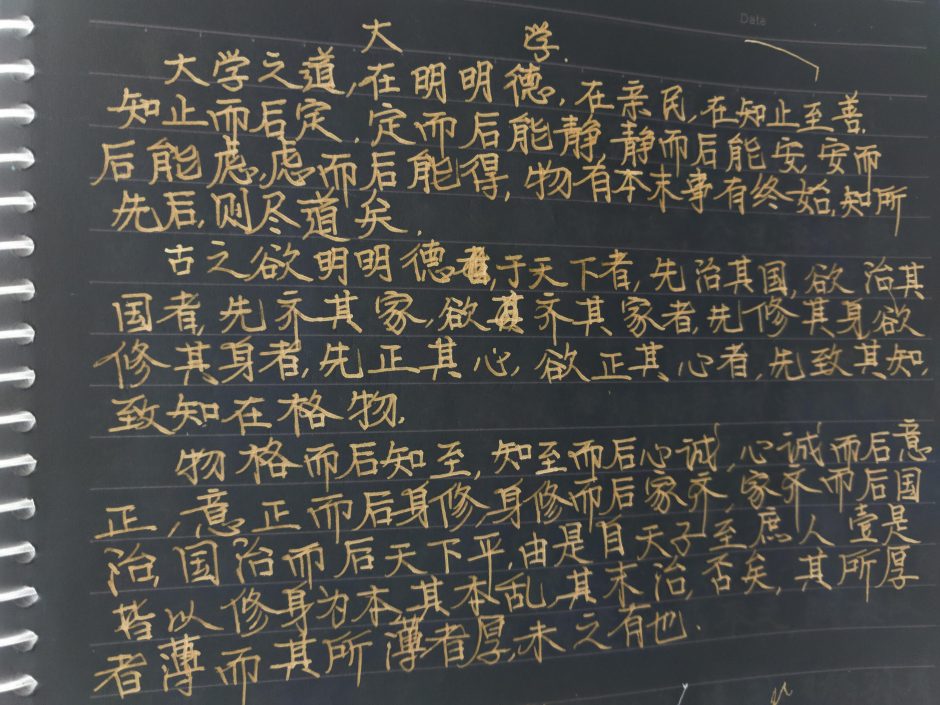http://poj.org/problem?id=1484
//* @author: SmilingWang
import java.util.LinkedList;
import java.util.Scanner;
public class Main {
public static void main(String[] args){
int n, m, c;
int i, j = 1, k;
Scanner scanner = new Scanner(System.in);
boolean blowFuse = false;
int sumOfPower = 0;
while(true){
n = scanner.nextInt();
m = scanner.nextInt();
c = scanner.nextInt();
if(n == 0 && m == 0 && c == 0){
break;
}
sumOfPower = 0;
int max = 0;
blowFuse = false;
Device[] devices = new Device[n + 1];
for(i = 1; i <= n; i++){
int num = scanner.nextInt();
devices[i] = new Device(i, num, false);
}
for(i = 1; i <= m; i++){
k = scanner.nextInt();
if(devices[k].state && sumOfPower > 0){
sumOfPower -= devices[k].pow;
devices[k].state = false;
}
else if(!devices[k].state){
sumOfPower += devices[k].pow;
devices[k].state = true;
if(sumOfPower > max){
max = sumOfPower;
}
if(sumOfPower > c){
blowFuse = true;
}
}
}
System.out.println("Sequence " + (j++));
if(blowFuse){
System.out.println("Fuse was blown.");
}
else{
System.out.println("Fuse was not blown.nMaximal power consumption was "+ max +" amperes.");
}
System.out.println();
}
}
static class Device{
int num;
int pow;
boolean state; // true : power on , false : power in
public Device(int num, int pow, boolean state){
this.num = num;
this.pow = pow;
this.state = state;
}
public boolean equals(Device rhs){
return(this.num == rhs.num);
}
}
}
Meta
-
Recent Posts
Recent Comments
Archives
- May 2024
- April 2023
- February 2023
- January 2023
- December 2022
- November 2022
- September 2022
- June 2022
- July 2021
- January 2021
- February 2020
- September 2019
- March 2018
- February 2018
- August 2016
- July 2016
- June 2016
- May 2016
- April 2016
- March 2016
- February 2016
- January 2016
- December 2015
- November 2015
- October 2015
- September 2015
- August 2015
- July 2015
- June 2015
- May 2015
- April 2015
- March 2015
- February 2015
- January 2015
- December 2014
- November 2014
- October 2014
- September 2014
- August 2014
- July 2014
- June 2014
- May 2014
- April 2014
- March 2014
- February 2014
- January 2014
- December 2013
- November 2013
- October 2013
- September 2013
- August 2013
- July 2013
- June 2013
- May 2013
- April 2013
- March 2013
- February 2013
- January 2013
- December 2012
- November 2012
- October 2012
- September 2012
- August 2012
- July 2012
- June 2012
- May 2012
- April 2012
- March 2012
- February 2012
- January 2012
- December 2011
- November 2011
- October 2011
- September 2011
- August 2011
- July 2011
- June 2011
- May 2011
- April 2011
- March 2011
- February 2011
- January 2011
- December 2010
- November 2010
- October 2010
- September 2010
- August 2010
- July 2010
- June 2010
- May 2010
- April 2010
- March 2010
- February 2010
- January 2010
- December 2009
- November 2009
- October 2009
- September 2009
- August 2009
- July 2009
- June 2009
- May 2009
- April 2009
- March 2009
- February 2009
Categories

